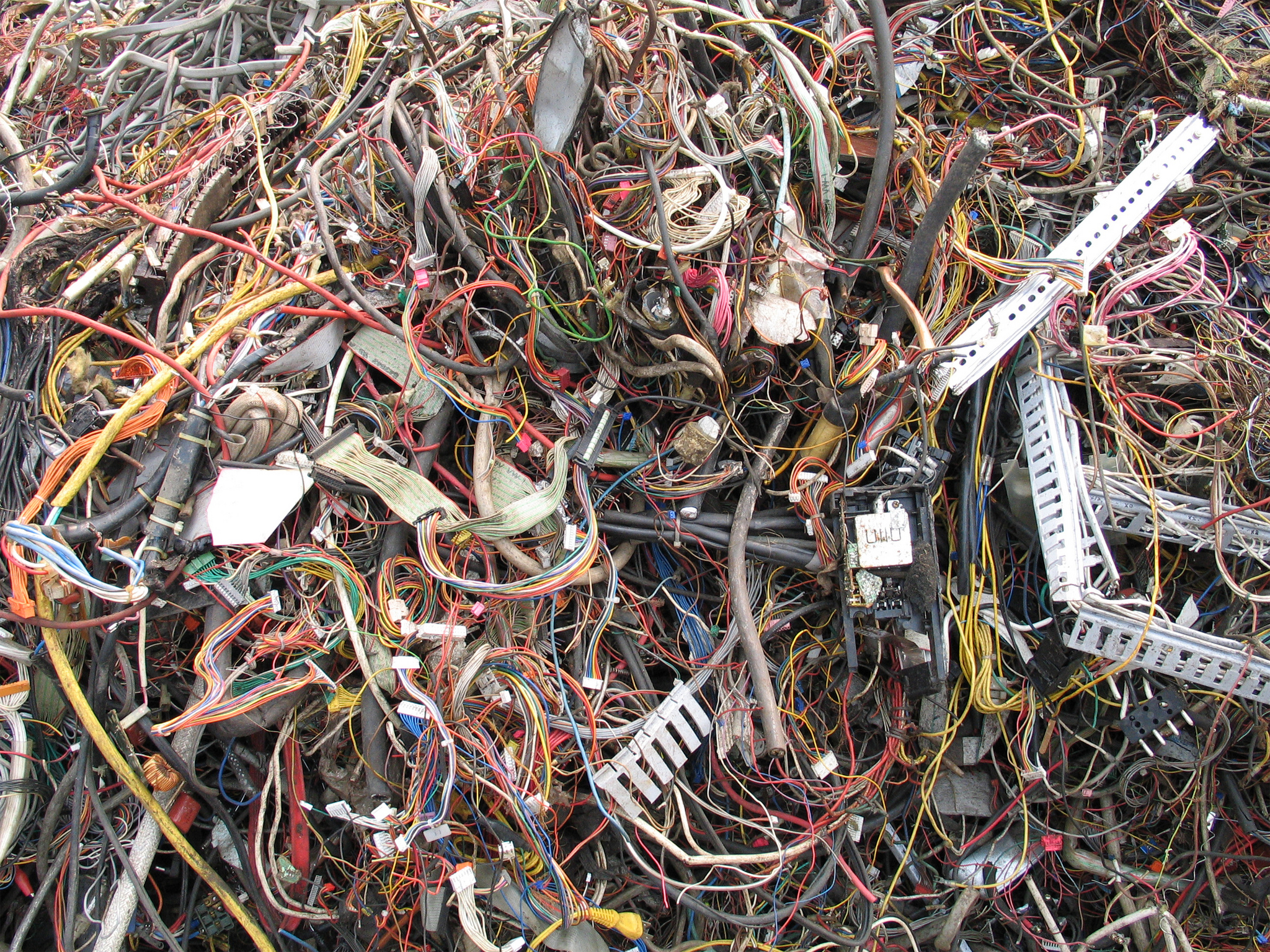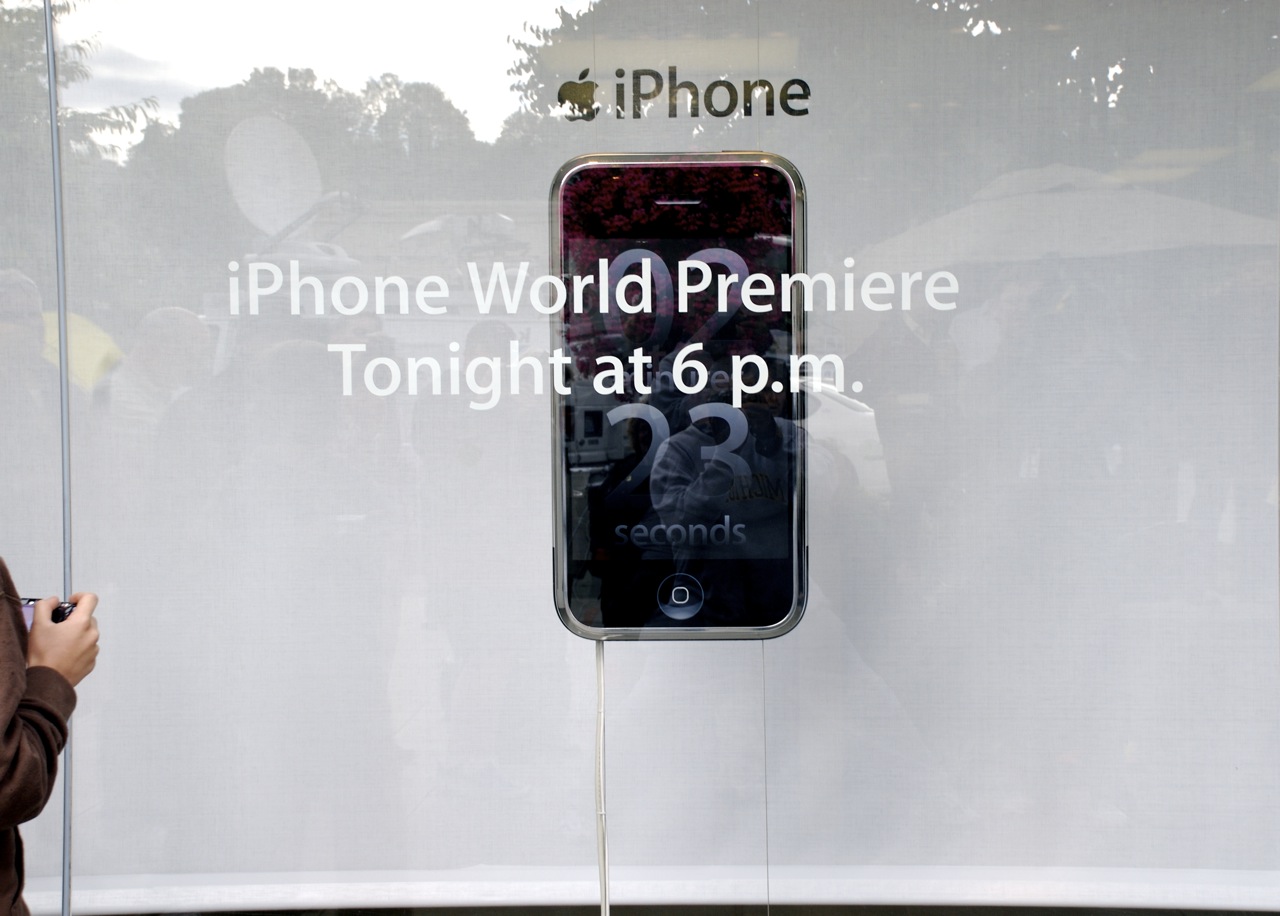 Lynda Kelly’s blog was the overall 2015 winner of the Trinity College Dublin and developmenteducation.ie Development Issues blog series. The shortlist of blogs will be published as part of the series in the coming weeks.
Lynda Kelly’s blog was the overall 2015 winner of the Trinity College Dublin and developmenteducation.ie Development Issues blog series. The shortlist of blogs will be published as part of the series in the coming weeks.
………………………………………………………………………………………………………………
What is development? Does it matter? I think the best way for me to answer these questions is to share what I call my eureka moment. Some might say it happened too late in my life, I was in my 40s, but it changed my life all the same.
For me the only development I ever cared about was here in Ireland. How the government was planning on securing more foreign investment and encouraging more U.S. companies to locate in Ireland was my only concern.
Like most people of my generation, emigration was our only way to find work. In the 1980s I joined the thousands of Irish in Britain looking for work. Finding employment was my only concern.
In truth, what was going on in the Third World, developing world as it’s called now, did not affect me in any way. It never touched my life directly.
Over the years I heard my mother talk about collecting money for the ‘Third World’ babies when she was a child and we always had a Trocáire collection box in the house. I guess these helped me to become desensitised to images of starving children and endless news feeds of yet another famine. As shamed as I am to say it, I just didn’t care.
My life started to change in the 1990s with the wave of US companies locating manufacturing in Ireland; Intel, HP, 3Com, Panasonic, Philips and Gateway all set up locations in Dublin, offering secure jobs and good wages. The city had never experienced such high levels of employment.
The transformation from slum city to cosmopolitan had begun.
People had money in their pockets and liked it. At this time I worked in Dublin as a logistics administrator, and over the next twenty years progressed up the career ladder to the role as logistics/supply chain manager for a leading global logistics company. My company’s catch phrase was “Cradle to Grave” and by this we meant that our company could move electronic components around the world to and from manufacturing sites and back again.
Within the supply chain this is known as a cradle to grave solution.

It was only when I saw photographs of some electronic e-waste mountains in the developing world did I realise what the true cradle to grave process for electronic components is.
We in the west legally ship our e-waste to the developing world. These mountains of e-waste kill thousands of people each year. They seep gasses and toxins into the air and into the land so it can never be used for agriculture again.
These toxins also leak into the water supply killing fish. They destroy the farming community. Our rubbish is killing people and destroying our planet.
I worked in the industry for over twenty years priding myself on how well I did my job. Now I wonder how we can fix this. What ‘development’ means to me today is working to create a cleaner healthier world for all humans.

We are all so busy manufacturing these electronics and buying into the retail hype to have the latest and greatest gadgets that we never stop to think what happens to the old units.
Development is not just about governments and democracy it is also about the protection of humans, natural resources and our planet. The phrase ‘cradle to grave’ has a very different meaning for me today.
I now know what happens to the electronic components I worked so hard to help manufacture, ship and sell. These are the very units killing whole generations of communities and destroying our world.
I am studying political science and geography in Trinity College Dublin in the hope that my years of logistics experience with my degree will lead me to a role helping to find solutions to e-waste management. We need to find ways to stop the west dumping its electronic waste in the developing world under the illusion of recycling.
………………………………
The Trinity College Dublin development issues series is run in partnership with undergraduate students on the Democracy and Development course in the Department of Political Science and developmenteducation.ie
For more on e-waste see:
- Infographic: The Digital Dump: the problem of electronic waste
- Greenpeace campaign page: green gadgets and the path to greener electronics (3rd Sept, 2014)
- iFixit: a free repair manuals, background info on the scale of e-waste (and e-waste Africa project reports), learning guides and onward links, activism blogs on the ‘repair movement‘

